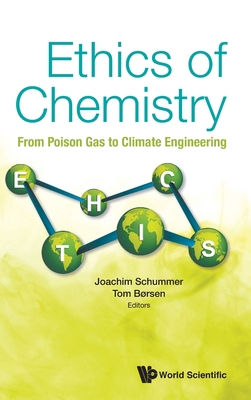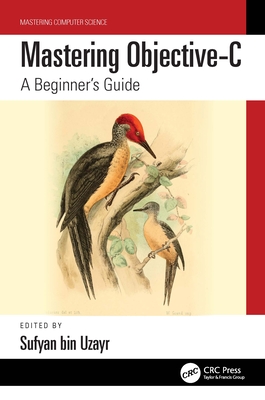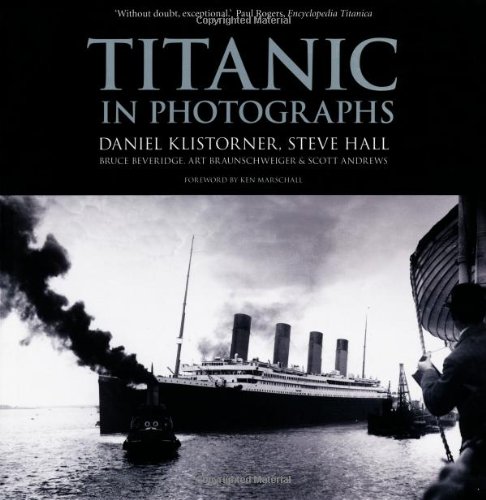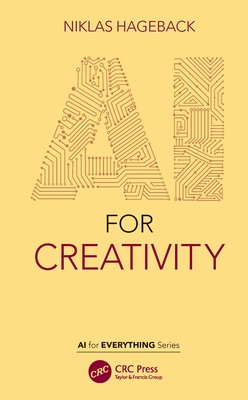
Ethics of Chemistry:From Poison Gas to Climate Engineering
化学伦理学:从毒气到气候工程
化学史
¥
2017.5
售 价:
¥
1614.00
优惠
平台大促 低至8折优惠
发货周期:预计3-5周发货
出版时间
2021年02月19日
装 帧
精装
页 码
600 pp
语 种
英文
综合评分
暂无评分
- 图书详情
- 目次
- 买家须知
- 书评(0)
- 权威书评(0)
图书简介
Although chemistry has been the target of numerous public moral debates for over a century, there is still no academic field of ethics of chemistry to develop an ethically balanced view of the discipline. And while ethics courses are increasingly demanded for science and engineering students in many countries, chemistry is still lagging behind because of a lack of appropriate teaching material. This volume fills both gaps by establishing the scope of ethics of chemistry and proving a cased-based approach to teaching, thereby also narrating a cultural history of chemistry.
From poison gas in WWI to climate engineering of the future, this volume covers the most important historical cases of chemistry. It draws lesson from major disasters of the past, such as in Bhopal and Love Canal, or from thalidomide, Agent Orange, and DDT. It further introduces to ethical arguments pro and con by discussing issues about bisphenol-A, polyvinyl chloride, and rare earth elements; as well as of contested chemical projects such as human enhancement, the creation of artificial life, and patents on human DNA. Moreover, it illustrates chemical engagements in preventing hazards, from the prediction of ozone depletion, to Green Chemistry, and research in recycling, industrial substance substitution, and clean-up. Students also learn about codes of conduct and chemical regulations.
An international team of experts narrate the historical cases and analyse their ethical dimensions. All cases are suitable for undergraduate teaching, either in classes of ethics, history of chemistry, or in chemistry classes proper.
Key Features
• Filling an important gap for teaching ethics to chemistry students
• Identifying the most important ethical issues of chemistry
• Defining a canonical set of ethical cases of chemistry that have shaped public debates and the public image of chemistry
• Combining for the first time international expertise in history and ethics of chemistry
本书暂无推荐
本书暂无推荐













